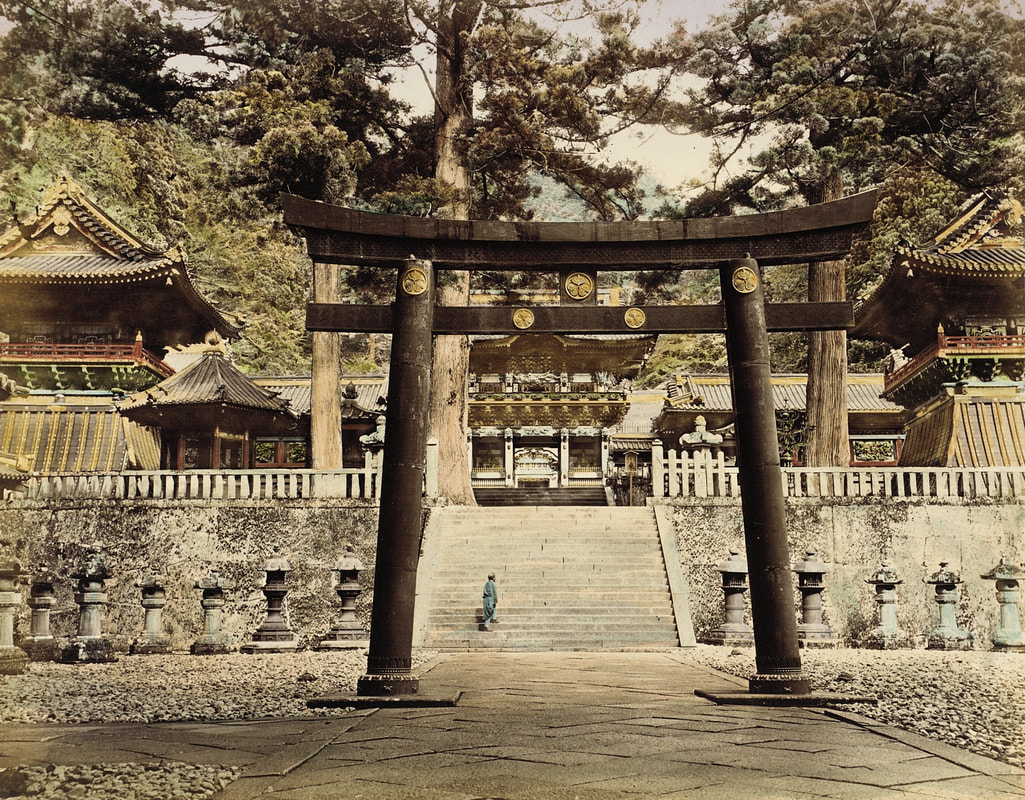| A wood-and-bronze torii gate. Image in the public domain. | The newest article is up! It concerns the wonderful adaptation of Kakariko Village found in Breath of the Wild, and its relations to early Japanese, pre-Buddhist architecture. On an unrelated note, I've had a few people ask me why there are no hyperlinks to be found in my articles. There are many reasons for this. Not only do I find that they interrupt the visual flow of the piece, and mar the clean aesthetics I strive to create, but they are great distractions to our already-distracted minds. This is perhaps the most important reason. |
The internet is distressing because it encourages fast-paced skimming, flitting around between media, a plethora of simultaneous stimuli, and efficiency over depth, none of which is good for our psychological well-being or cultivated habits. I hope this all makes sense.
As always, I'm interested in your thoughts, as well.
- Talbot

